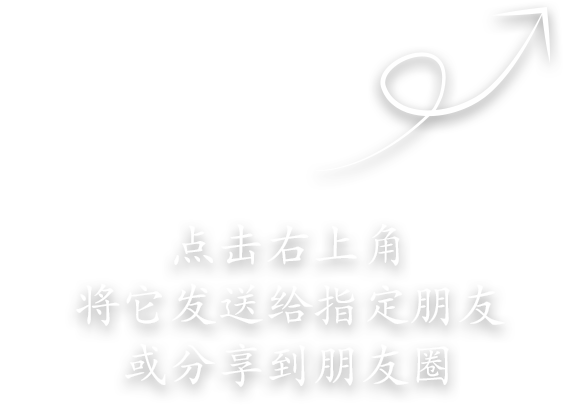China Pledges Stronger Policy Support for Private Sector Amid Economic Uncertainty
As China grapples with a complex global economic landscape, its top planning body is renewing efforts to bolster the resilience and confidence of its private sector—sending a calibrated message to both domestic entrepreneurs and foreign stakeholders watching the country's evolving business environment.
On May 14, Zheng Shanjie, Chairman of the National Development and Reform Commission (NDRC), convened a symposium in Beijing with leaders from prominent private firms, including Wanxiang Group (Zhejiang), Tongfu Microelectronics (Jiangsu), Anker Innovations (Hunan), Insta360 (Guangdong), and CloudAccount (Tianjin). The dialogue focused on current macroeconomic conditions, employment stabilization, and implementation progress of recent policy initiatives.

Participants emphasized that, after years of development and market exposure, private enterprises have become more adept at weathering external shocks. Many are leaning into R&D, supply chain diversification, and international market expansion—strategies that have kept operations and employment relatively stable despite ongoing pressures.
A key theme from the meeting was the long-anticipated introduction of China's Private Sector Promotion Law, which was broadly welcomed by attendees. The legislation is viewed as a pivotal development in clarifying legal protections for private businesses, which account for over 60% of China's GDP and 80% of urban employment, according to data from the China Association of Private Enterprises. For many, the law marks a transition from informal encouragement to institutionalized support.
However, concerns remain. Executives pointed to increasingly saturated competition (“involution”) in some industries and called for clearer boundaries in market behavior. They urged regulators to create frameworks that promote innovation and value creation over short-term cost-cutting—especially for leading firms with influence across industrial supply chains.
Looking ahead, several participants proposed that the upcoming 15th Five-Year Plan (2026–2030)place greater strategic weight on private-sector development. Suggestions included enhanced financial incentives, the streamlining of administrative approvals, and targeted support for “new quality productive forces”—a concept that encompasses high-end manufacturing, green technology, and digital infrastructure.
Responding to these recommendations, Zheng acknowledged the private sector's growing maturity in managing external risks. He stressed that macro policies must be more responsive to micro-level realities, with a particular focus on employment, business sustainability, and market expectations. “Government-enterprise communication must become more regularized and effective,” Zheng noted, adding that existing policies must be implemented more swiftly and future measures designed with flexibility to adapt to emerging economic dynamics.
The NDRC pledged to incorporate these insights into the drafting of the 15th Five-Year Plan and to accelerate the rollout of policies that can directly alleviate pain points faced by private firms—particularly small and medium-sized enterprises (SMEs), which often serve as upstream suppliers and innovation hubs for larger global value chains.
Why this matters to global investors and multinationals
The NDRC's engagement with the private sector offers a barometer for China's evolving regulatory priorities. For international businesses operating in China—or relying on Chinese partners—several key takeaways emerge:
Legal clarity:The new Private Sector Promotion Law could reduce uncertainty for joint ventures and foreign firms collaborating with Chinese private players, particularly in sectors such as clean tech, semiconductors, and advanced manufacturing.
Policy continuity:The focus on aligning macro policies with business realities may help temper concerns about abrupt regulatory changes that have, in the past, disrupted market planning for foreign investors.
Supply chain opportunities: Support for innovation-driven private firms could reinforce resilience across critical supply chains—especially in electronics, green energy components, and precision manufacturing.
Local partnership strategies: The emphasis on SMEs and value-chain enhancement suggests that multinationals may benefit from re-evaluating local partnerships in China, tapping into firms gaining from policy tailwinds.
·





















































First, please LoginComment After ~